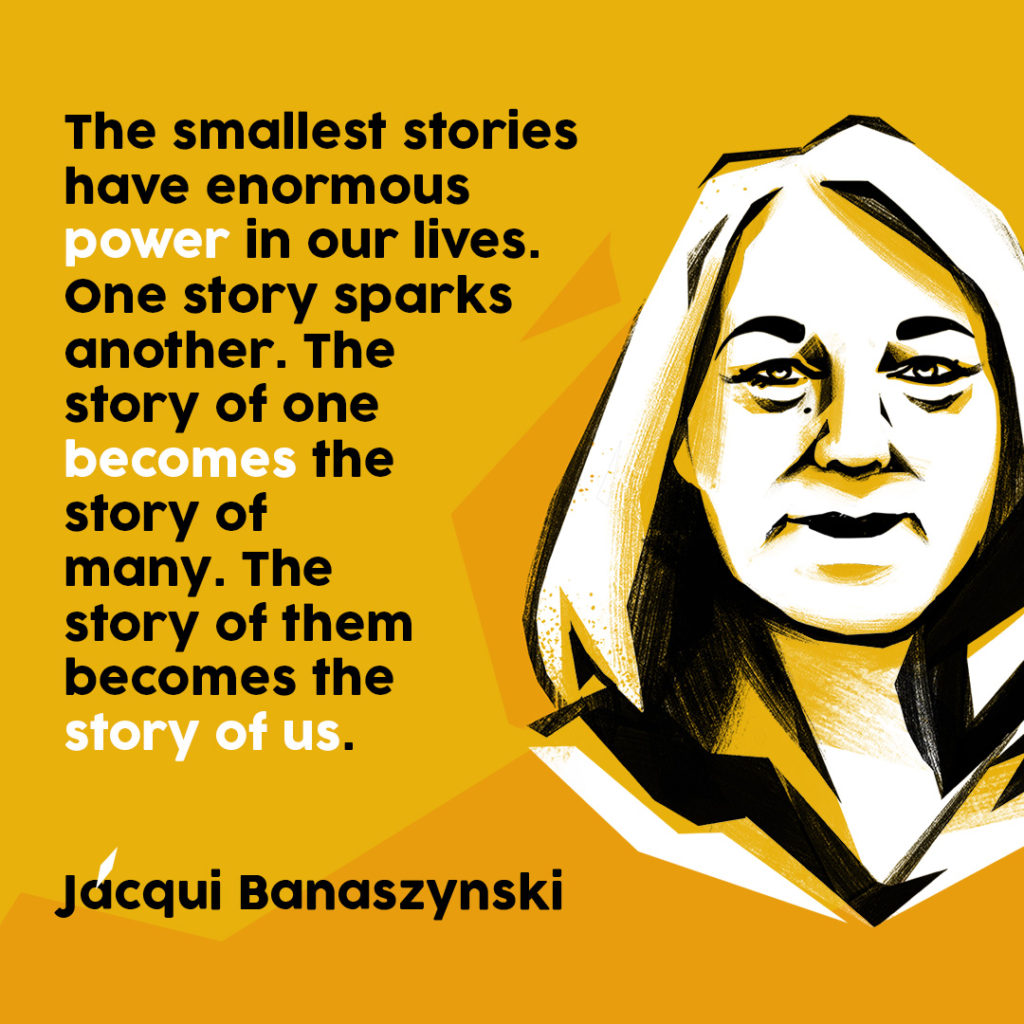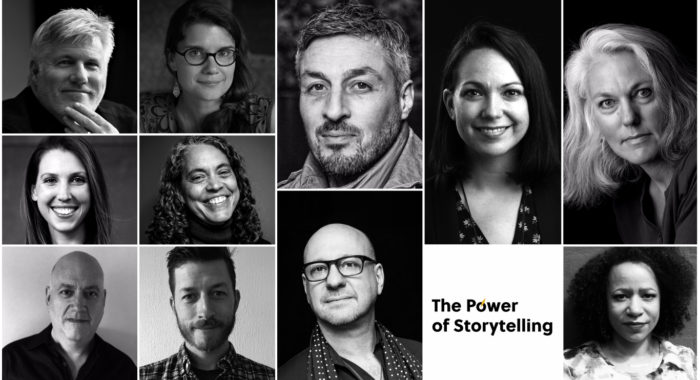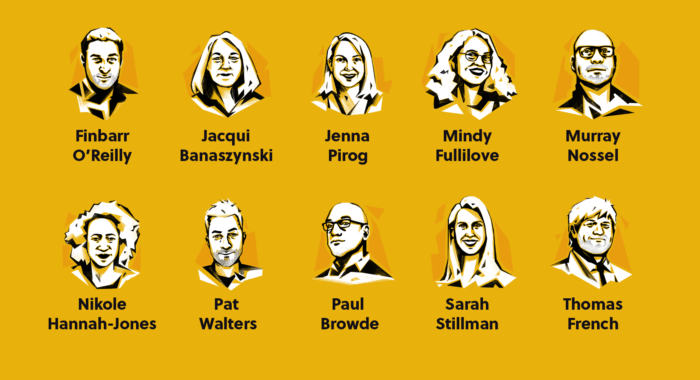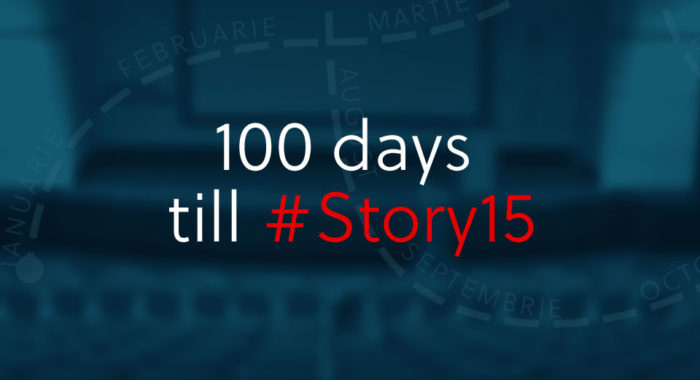Here are four things Jacqui Banaszynski would’ve liked to become instead of a reporter: an athlete, an airline pilot, an astronaut or an architect. None of that was achievable for a girl growing up in rural Wisconsin in the 1960s. “So I joined the high school newspaper staff, grabbed a notebook and the keys to the school car, and … It turned out OK,” she recalls.

Indeed, if by “OK” you mean being a Pulitzer Prize finalist in 1986 and a winner of the coveted award in 1988 for a three-part in-depth account of a gay couple dying of AIDS in the rural US, then, yes, Jacqui did OK. For most of us, though, and definitely for most of her students at the Missouri School of Journalism or Poynter Institute, she’s an inspiration and one of those journalists who rightly belongs in a Hall of Fame.
Since she’s been with our conference from day one and will be returning in October for her seventh time in Romania, we thought we’d leave you with a few pieces of advice from a woman whose career spans four decades and has led her to all seven continents.
⇒ The dual challenge and joy of journalism (or any kind of writing) is that it is something you must practice, practice, practice – but something you can always get better at. Something you need never be done with and that, if you are open to it, will never be done with you.
⇒ Learning the craft and doing the work, that’s the hard stuff. In journalism we call it “reporting”, but it’s not different than a marathon runner who wants to get to the finish and knows they have to take it step by step. Part of that is the discipline of patience.
⇒ Don’t be afraid to probe. That doesn’t mean you have to be pushy, but it means that for every question you ask, there are layers upon layers upon layers that you can help people get into by asking additional questions.
⇒ Don’t quit until you get good. It takes years of practice to get good. The more you practice, the “gooder” you get.
⇒ The only way to knock down the walls between us is to listen through them, to hear what’s on the other side and to recognize that what’s on the other side of all those walls is not “them”, it’s another part of “us”.
⇒ The most important tool in your toolbox is belief. You have to believe you can do this. Believe that the work matters, that writing and communicating is as fundamental to human beings as anything else in the world.
⇒ Think about how you go through life, how you remember your past, shape your dreams, imagine your future, how you communicate, learn and share, how you make meaning to this messy wonder that is life: you create stories. You create meaning by creating stories.
⇒ Make your ambition about the value of the work that adds up to more than money. My stories have given me much more – as a child, they helped me escape from a tiny village; as a career, they gave me a sense of adventure and the chance to meet all of you.
⇒ Stories have the power to reach people, to reveal our shared humanity, and to create ripples that become waves that land on unseen shores. The emotional impact of stories can’t easily be counted. But it should never be discounted.
Also take a look at Jacqui’s closing keynote at last year’s conference, on being a female reporter in a time and industry dominated by men.


